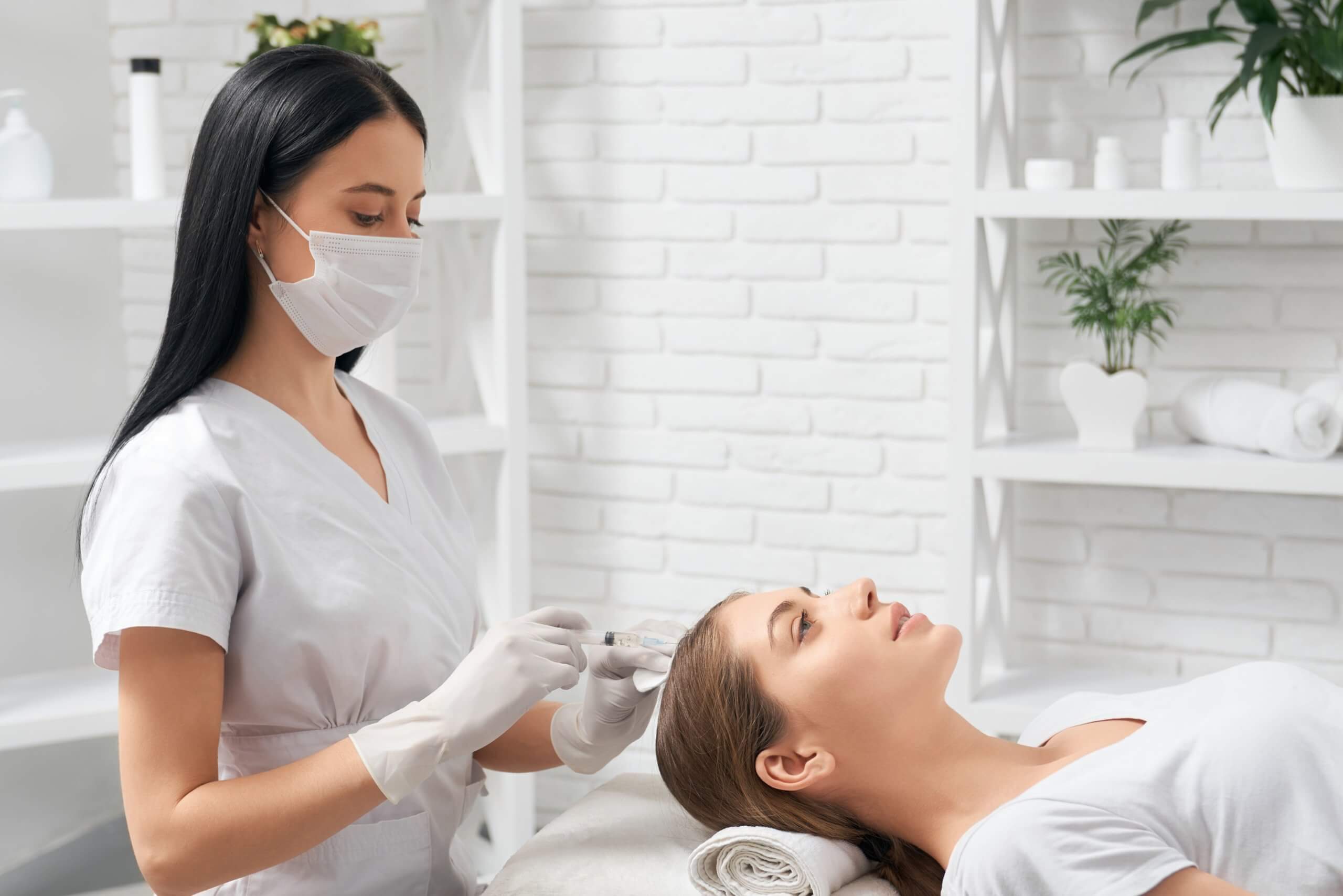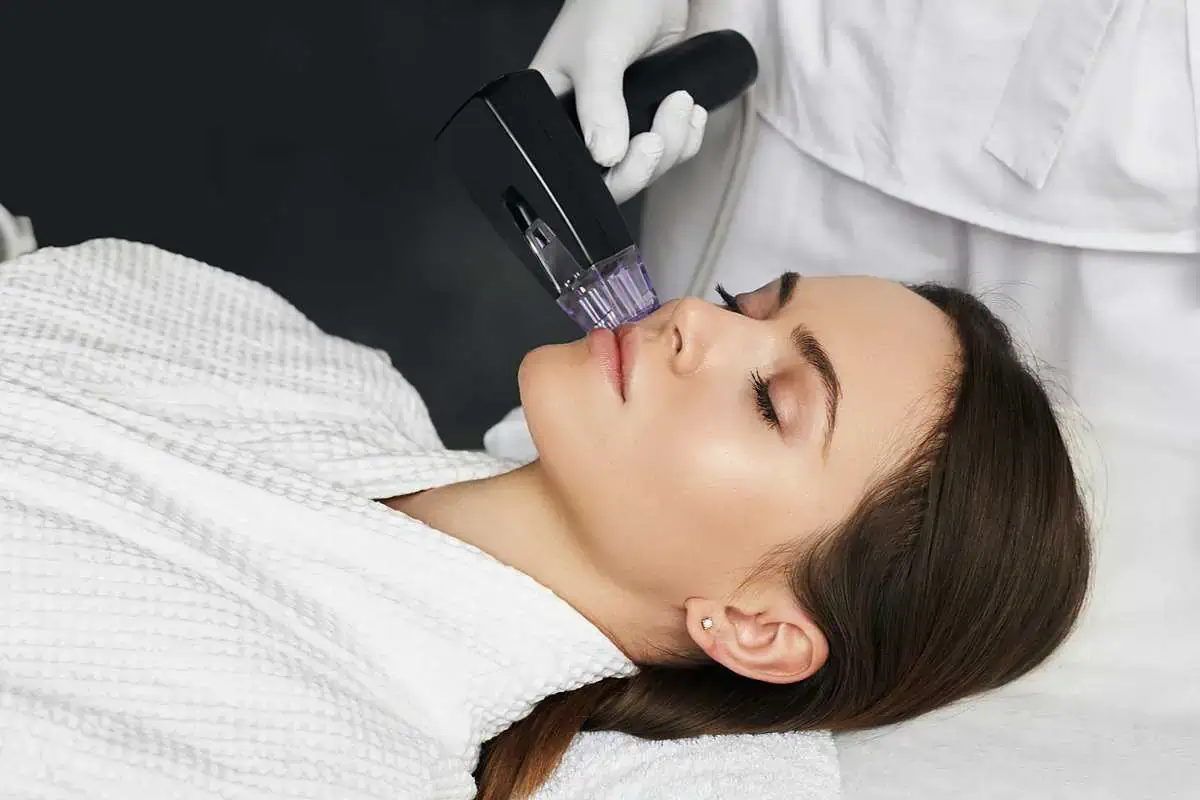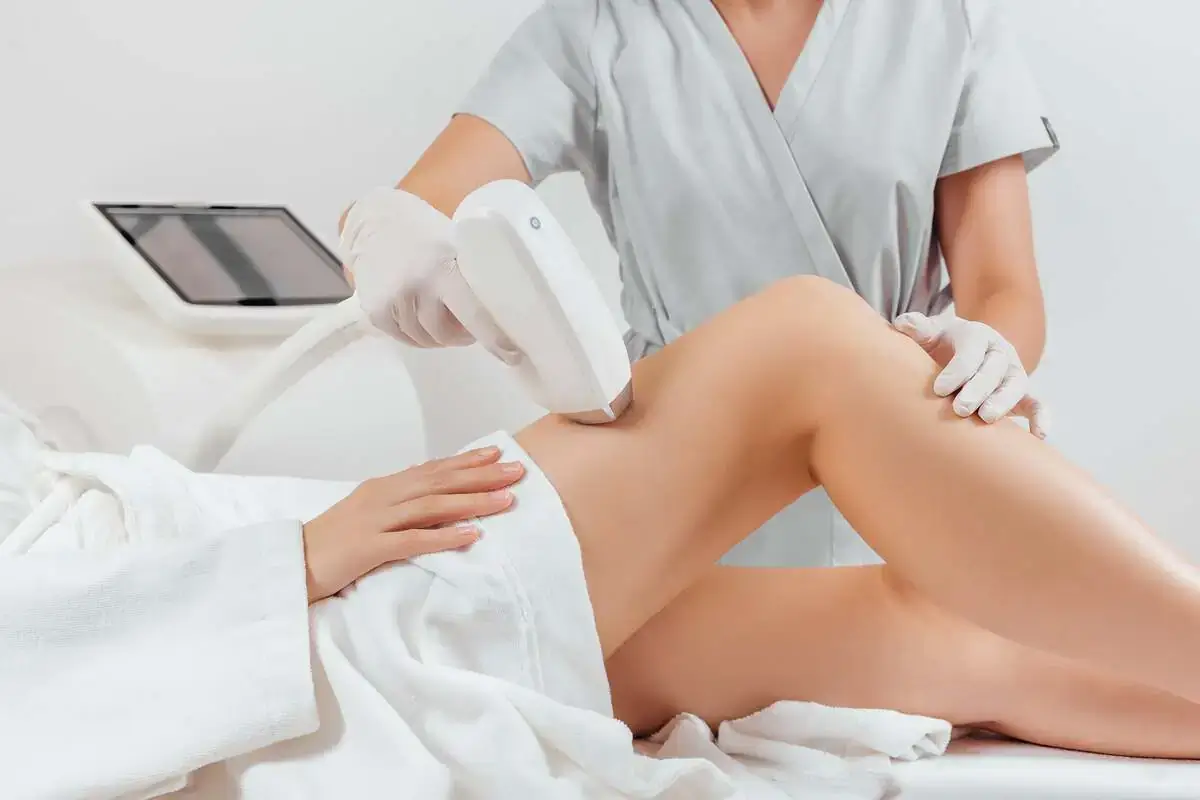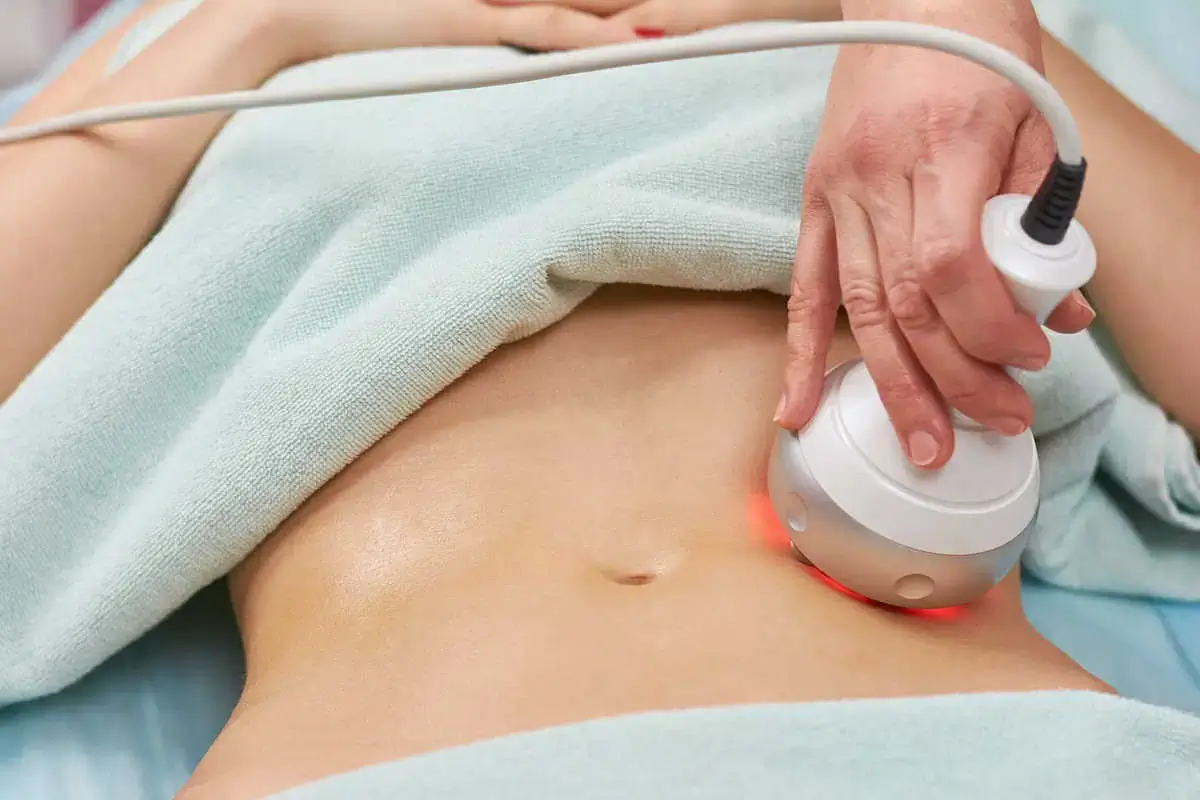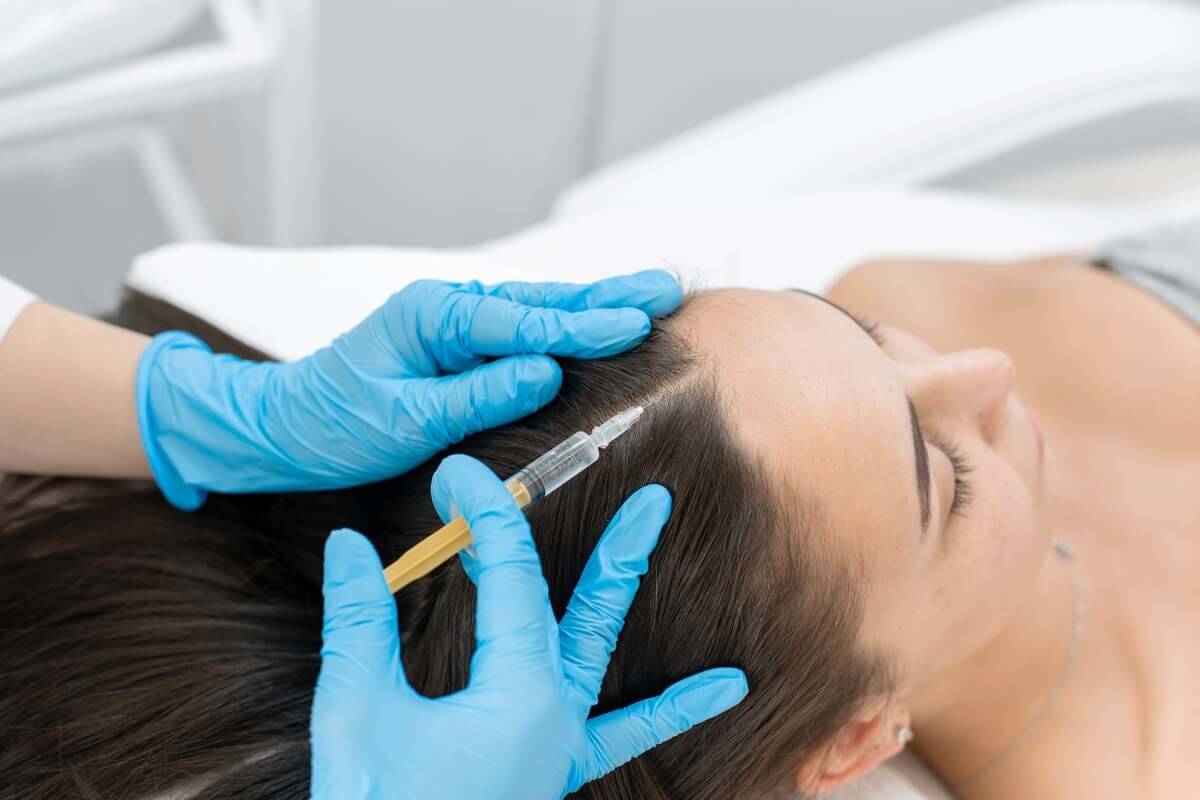Hair growth is a fascinating and complex process that has captivated people’s attention for centuries. Whether you’re dealing with hair loss, trying to grow out a bad haircut, or simply looking to enhance your natural locks, understanding the factors that influence hair growth can be the key to achieving the luscious, healthy hair you’ve always wanted. So, let’s dive into hair growth and explore the science behind this essential aspect of our appearance and identity.
What Factors Influence Hair Growth?
Certain conditions can affect the rate of hair growth, such as:
- Hormonal imbalances. Thyroid disorders and polycystic ovary syndrome (PCOS) can cause hormonal imbalances that affect hair growth.
- Nutritional deficiencies. A lack of essential nutrients like biotin, iron, and zinc can slow hair growth.
- Stress. Chronic stress can disrupt hormones and lead to hair loss or slow hair growth.
- Medications. Certain medications, such as chemotherapy, can slow hair growth.
- Age. Hair growth slows with age, and hair follicles may go dormant, resulting in thinner hair.
On the other hand, below are also different risk factors associated with hair loss, including:
- Genetics. The most common cause of hair loss since it can affect both men and women.
- Age. With age, hair growth slows down, and hair follicles shrink, leading to thinning hair or baldness.
- Hormonal changes. Hormonal changes caused by pregnancy, menopause, or thyroid disorders can impact hair growth and result in hair loss.
- Medical conditions. Certain medical conditions like alopecia areata, scalp infections, and autoimmune diseases can cause hair loss.
- Medications. As a side effect, some medications, such as chemotherapy drugs, blood thinners, and antidepressants, can cause hair loss.
- Nutritional deficiencies. A lack of essential nutrients such as iron, zinc, and biotin can cause hair loss.
- Hairstyles and hair treatments. Hairstyles that pull on the hair or scalp and hair treatments such as perms and coloring can damage hair follicles and also lead to hair loss.
By understanding these risk factors, you can take steps to prevent or manage hair loss and promote healthy hair growth.
What Hair Growth Treatments Are Available?
Non-surgical:
There are several non-surgical hair growth treatments available, including:
- Topical solutions. Topical solutions such as minoxidil (Rogaine) can be applied directly to the scalp to promote hair growth. Minoxidil is available over the counter and in prescription-strength formulations.
- Prescription medications. Prescription medications like finasteride (Propecia) can be taken orally to prevent hair loss and promote growth. Finasteride is typically only prescribed to men.
- Low-level laser therapy (LLLT). LLLT uses light energy to stimulate hair follicles and promote hair growth. This treatment can be performed at home using a handheld device or in a clinical setting.
- Platelet-rich plasma (PRP) therapy. PRP therapy involves injecting a concentration of platelets from the patient’s blood into the scalp to stimulate hair growth.
- Nutritional supplements. Certain supplements, such as biotin, iron, and zinc, may help promote hair growth in individuals with dietary deficiencies.
Regardless, it is essential to note that not all treatments work for everyone, and some medicines can have potential side effects. Before beginning any hair growth treatment, a consultation with a healthcare professional s best to determine the best course of action for specific needs.
Surgical:
There are several surgical treatments available for hair growth, including:
- Hair transplantation. Hair transplantation is transplanting hair follicles from one area of the scalp (usually the back or sides of the head) to an area of the scalp with thinning hair or baldness. This procedure is generally performed under local anesthesia.
- Scalp reduction surgery. Scalp reduction surgery involves removing bald scalp areas and stretching the remaining scalp to cover the bald area. This procedure is usually carried out under general anesthesia.
- Scalp flap surgery. Scalp flap surgery involves moving a flap of hair-bearing scalp from one area of the head to another. This procedure is typically reserved for individuals with more extensive hair loss and is performed under general anesthesia.
However, these surgical treatments can be costly and not covered by insurance. They also carry potential risks and side effects, and the procedure’s success depends on the individual’s overall health, the extent of hair loss, and the surgeon’s skill. Still, it is best to consult a healthcare professional or a qualified hair restoration specialist if one of the options suits the individual needs.
What Are Some General Hair Growth Tips?
Here are some general tips for growing hair:
- Eat a balanced diet. A well-balanced diet high in vitamins and minerals can help with hair growth. Foods rich in biotin, iron, and zinc are vital for hair health.
- Take care of the scalp. Healthy hair growth requires a healthy scalp. Keep your scalp clean and moisturized, and avoid using harsh products or over-washing the hair.
- Avoid heat styling. Heat styling tools like curling and flat irons can cause hair damage and stunt growth. Try to limit these tools or use them in a lower heat setting.
- Avoid tight hairstyles. Braids and ponytails, for example, can cause hair breakage and damage. Opt for looser styles or wear the hair down.
- Don’t over-brush or over-comb. Brushing or combing the hair too much can cause breakage and damage. Use a wide-toothed comb or brush gently to avoid pulling or tugging the hair.
- Be gentle with wet hair. Wet hair is more fragile than dry hair, so brushing or combing it should be done carefully. Use a wide-toothed comb and avoid pulling or tugging.
- Get regular trims. Regular trims help prevent split ends, which can cause breakage and stunt growth.
- Manage stress. Stress can cause hair loss and inhibit growth. Exercise, meditation, or deep breathing exercises can help manage stress.
Hair growth is a gradual process that may take time to occur. It is also essential to consult a healthcare professional or a qualified hair restoration specialist for personalized advice on promoting hair growth.
The Bottom Line
Hair growth is a complex biological process influenced by various internal and external factors, including genetics, hormones, nutrition, and environmental stressors. Hourglass Aesthetics & Salon offers a Hair Growth treatment, a game-changer for those struggling with hair loss or thinning. Ultimately, don’t let hair loss hold you back from living your best life – get help from the Hourglass Aesthetics & Salon team!

